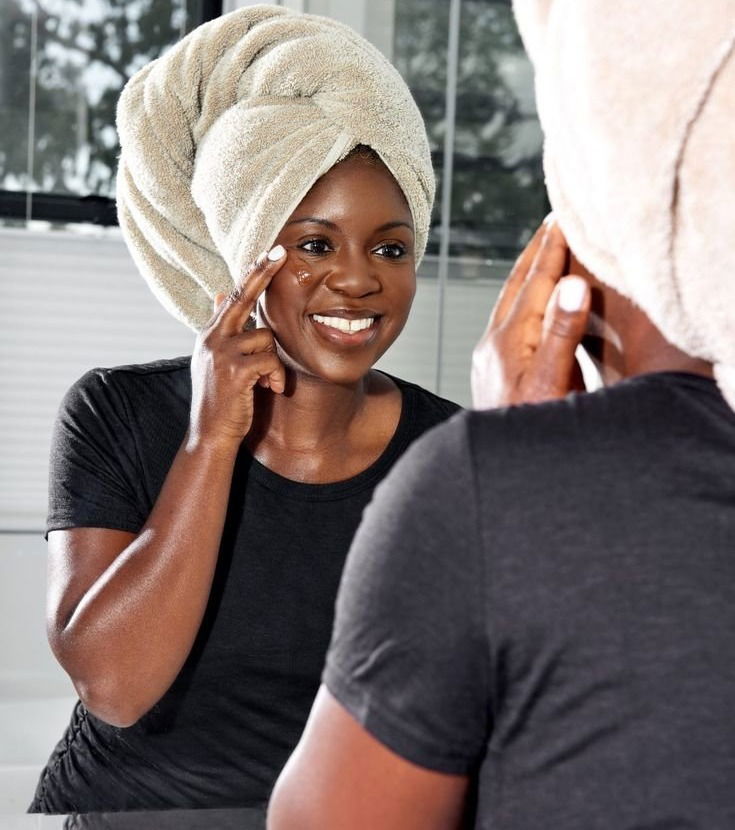Sunscreen Myths and Facts: Unraveling the Truth for Healthy Skin
Sunscreen, a vital component of any skincare routine, is often shrouded in myths and misconceptions. To safeguard your skin from the sun's harmful rays, it's crucial to distinguish between fact and fiction. Let's unravel the truth behind some common sunscreen myths and ensure you're armed with accurate information for optimal skin protection.

Myth 1: Sunscreen is only necessary on sunny days
Fact: Sunscreen is essential year-round, regardless of weather conditions. UV rays penetrate clouds, and prolonged exposure can lead to skin damage. Even on overcast days, applying sunscreen helps protect against harmful UV radiation.
Myth 2: Darker skin doesn't need sunscreen
Fact: While individuals with darker skin produce more melanin, providing some natural protection, sunscreen is still crucial. Darker skin tones are not immune to sun damage, including hyperpigmentation and skin cancer. Everyone, regardless of skin tone, should incorporate sunscreen into their daily routine.
Myth 3: Higher SPF means all-day protection
Fact: SPF (Sun Protection Factor) indicates the level of protection against UVB rays, not the duration of protection. Reapplication every two hours, or more frequently if swimming or sweating, is crucial for effective coverage. No sunscreen offers all-day protection with a single application.
Myth 4: Sunscreen is only for the face
Fact: While facial protection is important, the entire body requires sunscreen. Neglecting areas like the neck, ears, hands, and exposed legs can lead to uneven sun exposure and potential damage. Apply sunscreen generously to all exposed skin for comprehensive coverage.
Myth 5: Sunscreen is unnecessary on short outdoor excursions.**
Fact: Even brief outdoor activities expose your skin to UV radiation. Quick trips to run errands or take a short walk can cumulatively contribute to sun damage. Applying sunscreen daily ensures consistent protection against the sun's harmful effects.
Myth 6: Applying sunscreen once a day is sufficient.
Fact: Sunscreen effectiveness diminishes over time due to factors like sweating, rubbing, or environmental exposure. Reapplying every two hours, or more frequently if needed, ensures continuous protection throughout the day.
Myth 7: All sunscreens are created equal
Fact: Different sunscreens cater to specific needs. Choose a broad-spectrum sunscreen that protects against both UVA and UVB rays. Consider water-resistant options for swimming or outdoor activities. Additionally, sensitive skin may benefit from mineral sunscreens with zinc oxide or titanium dioxide.
In conclusion, dispelling sunscreen myths is crucial for maintaining healthy skin. Understanding the facts empowers individuals to make informed decisions about sun protection, fostering long-term skin health and preventing sun-related issues. Embrace the daily application of sunscreen as a cornerstone of your skincare routine for radiant and protected skin.